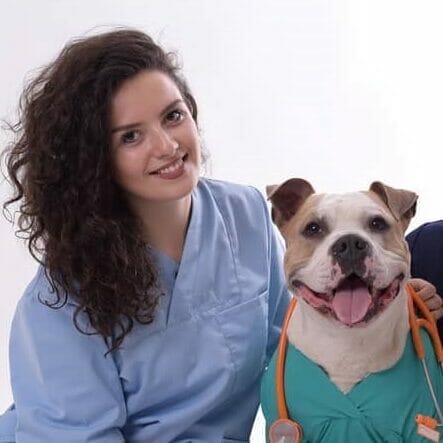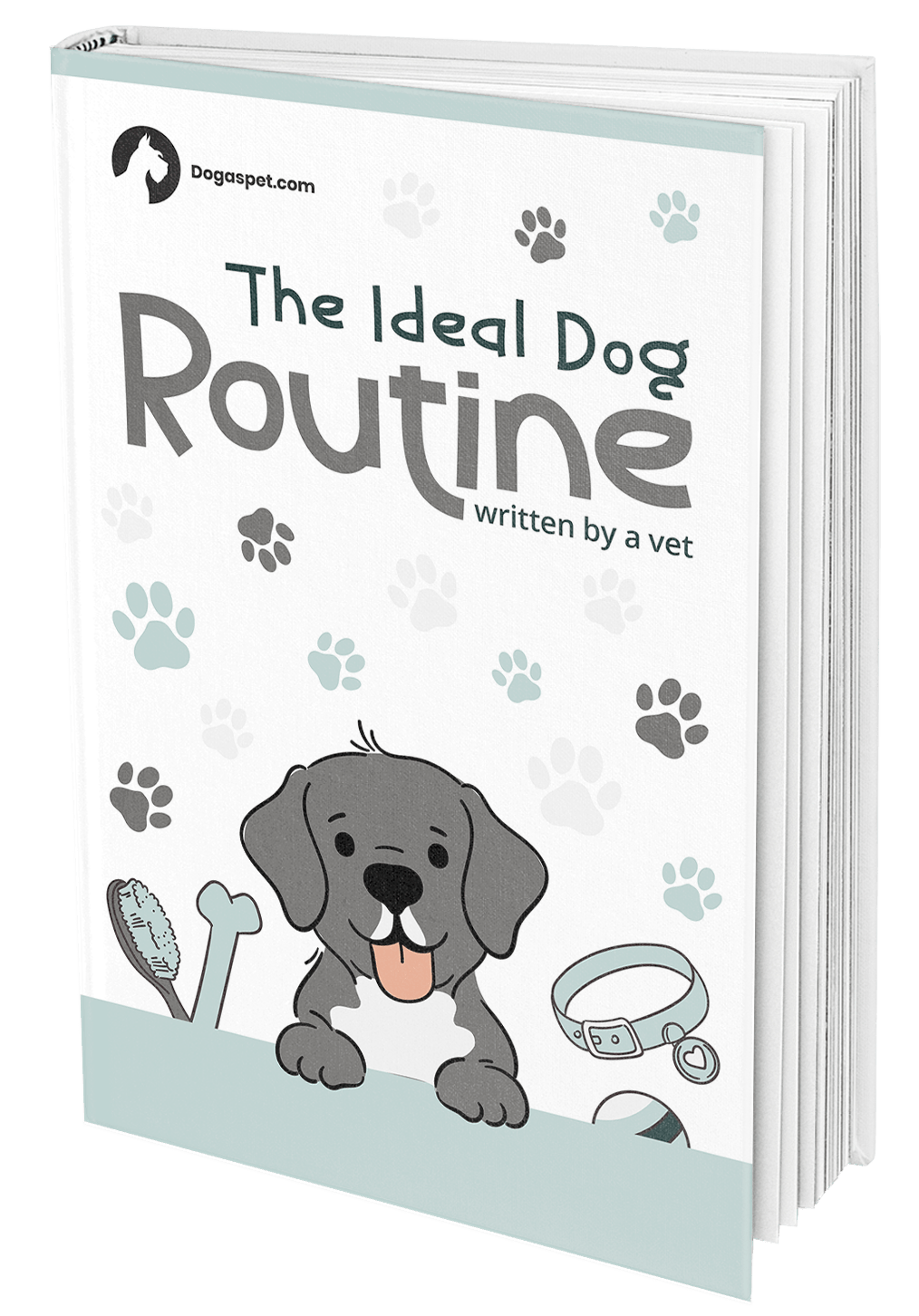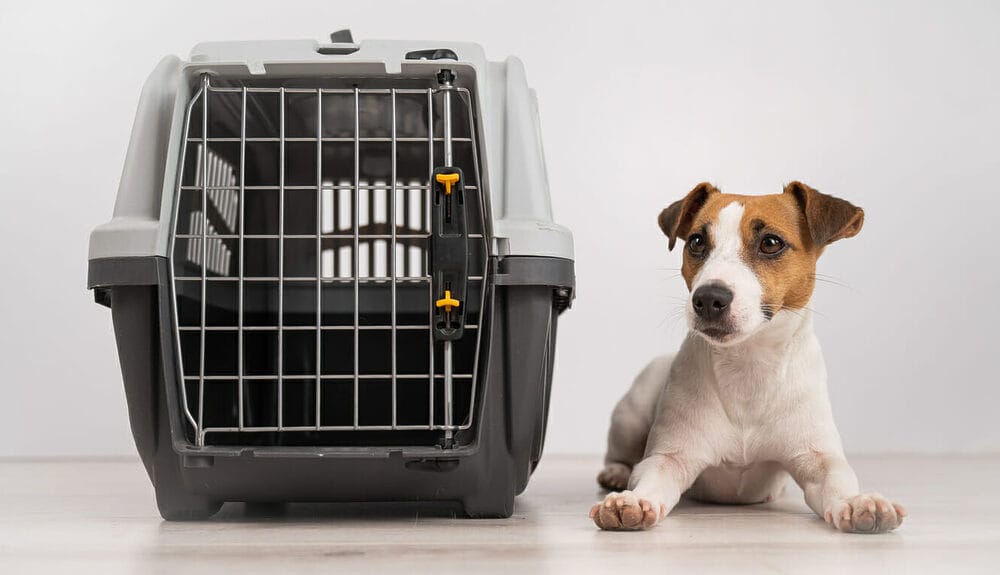
The problem of anal glands is often overlooked until it becomes more serious. The anal gland can be a health problem when the anal glands (the two small tubes above the anus) overfill, and blockage occurs.
When this happens, your dog may experience symptoms of discomfort, such as scooting and even pain. And the two best ways are to try your dog to get their anal glands expressed naturally or manually.
But why does your dog still smell after getting their glands expressed? Is it due to a lack of hygiene, or is there more to the fishy smell?
Let’s find out together!
5 Potential Reasons For Persistent Anal Gland Odor
If you are here, you already know what anal glands are, and there’s a high chance you have already expressed your dog’s anal glands. But even after bringing them home, you still notice that strong, fishy smell.
Luckily, there are a few reasons why your dog still smells after getting their glands expressed.
Your dog suffers from an anal gland infection
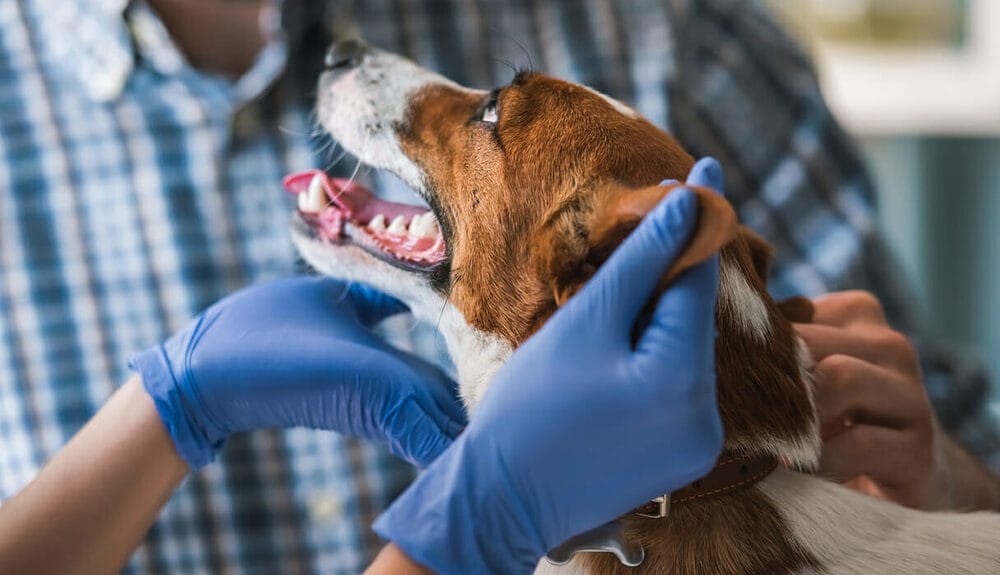
One possible reason your dog still smells after the procedure is an anal gland infection.
While it’s perfectly normal for your dog to feel lazier, accompanied by a lack of appetite, in the next couple of days after the procedure, it’s not normal if your dog still smells. The smell may be an indicator of a potential anal sac disease.
And more often than not, lethargy followed by scooting, chasing its tail, or even having irregular bowel movements it’s often a cause for concern. Bring your dog to the vet immediately, and follow the vet’s orders should there be any anal sac infection.
We at Dogaspet have repeatedly mentioned that anal gland infection should not be overlooked. If an infected gland is left untreated, it may infect other body areas.
The anal glands are not properly expressed
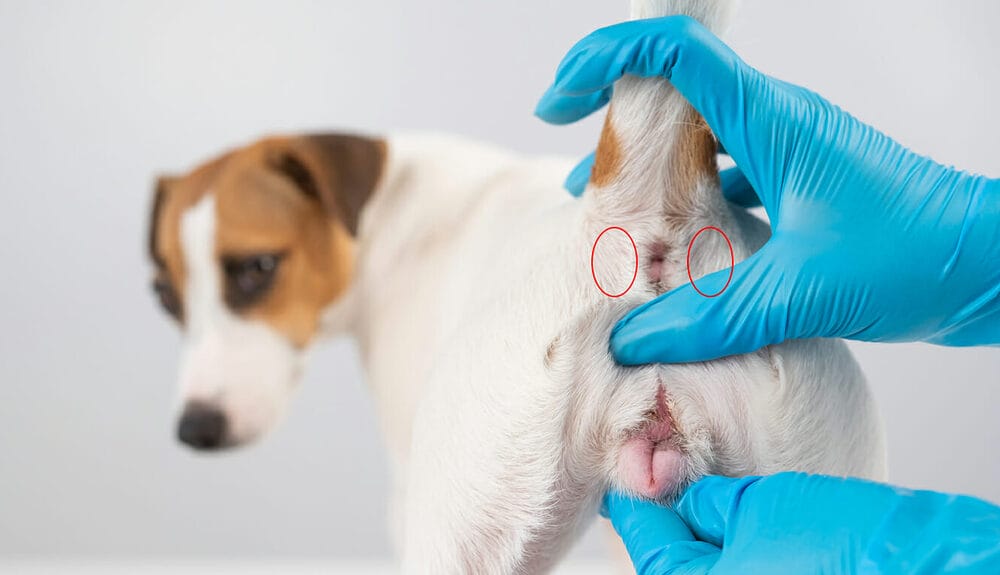
More often than not, dogs express their anal glands naturally, and there’s no need to bring the dog to the vet or try the extraction yourself. But, some dogs struggle with natural extraction.
So, to save money, most dog owners carry out the procedure on their own. In such cases, the probability of doing a half-good job is high. Even though dogs might still leak after getting their glands expressed due to various factors, you cannot rule out the possibility that you didn’t do your job properly and seek professional help.
Even though you paid a hefty amount, there is still a chance your vet didn’t extract the glands entirely, or the glands were in an unreachable position. The task of gland expression is unpleasant, and not every dog professional has the stomach for it.
Some vets might not be up to the task and only express the dog’s glands to take your money. The smell lingers even after a couple of hours of bringing your dog home.
The vet expressed only one gland
Also, the vet might have expressed only one of the two anal glands properly because both glands do not fill up equally. In some cases, one of the glands fills up faster.
And because this phenomenon occurs, maybe the veterinarian expressed the two anal glands the same without even looking at the possibility that one of the anal glands might be fuller.
Secrete from the glands got on the fur
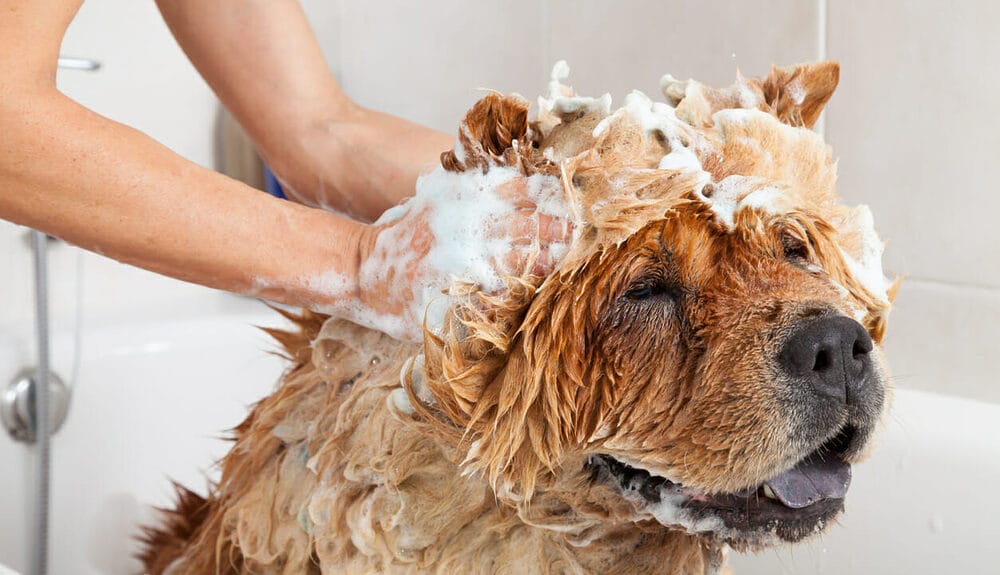
Imagine this scenario: you just got home after a long vet’s trip, and right when you were to get some rest, the fishy smell reappears out of nowhere. So you get closer to your dog and see the smell coming from its rectum.
Afraid of the potential health problems that may occur if the glands are not appropriately expressed, you rush to the vet once again, only to find out that some of the fluid got on the fur. It’s perfectly normal for the dog to leak for some time after the procedure, but before making any rash decisions- check the fur around the anus first.
So, the next time you get home, bathe your dog first. Then, gently clean the backside, and hope for the best.
While this is not a cause for concern, your furry best friend might show signs of discomfort or even lick the fur while trying to get rid of the smell. The fishy smell is likely to go away in the next 24 hours.
The glands fill up quicker
Another possible situation because your dog’s anal glands might still smell after an anal gland expression is because your dog’s anal glands refill quickly. As you know by now, every dog’s organism is different. Thus, each dog has their glands filled at different rates.
However, if the smell still lingers for more than a day, there’s a high chance that the anal glands started to fill again. Therefore, according to the speed of refiling, you might want to schedule a monthly or weekly veterinary check. This is a common problem with smaller breeds like French Bulldogs and Pugs.
Prevention of Persistent Anal Gland Odor in Dogs
While the anal sac is impossible to prevent nor know when the problem might arise, there are a few things to do to prevent the persistent anal gland odor.
Food
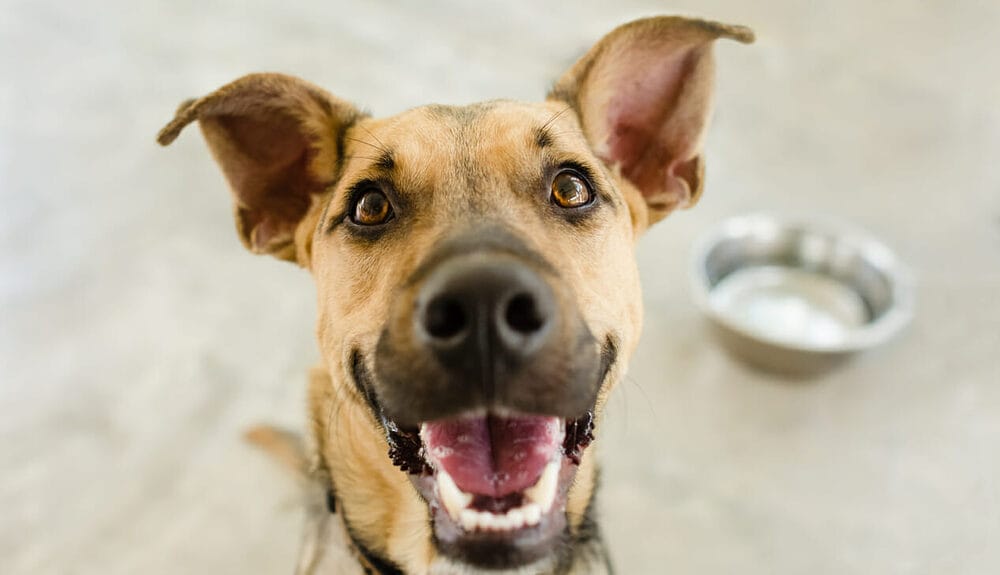
Proper nutrition is probably the most important factor in preventing anal gland odor in dogs. A well-balanced, high-fiber diet will help get rid of the potential smell. High-fiber diet could help prevent future anal-gland problems and regulate bowel movements. Poor nutrition leads to softer stools which don’t excerpt enough pressure to empty the anal glands.
Some human foods packed with fiber are pumpkin, lentils, beets, and apples, among many others. Learn how to cook them properly and give them to your dog as a tasty treat.
The anal glands are not properly expressed
Proper nutrition is probably the most important factor in preventing anal gland odor in dogs. A well-balanced, high-fiber diet will help get rid of the potential smell. High-fiber diet could help prevent future anal-gland problems and regulate bowel movements. Poor nutrition leads to softer stools which don’t excerpt enough pressure to empty the anal glands.
Some human foods packed with fiber are pumpkin, lentils, beets, and apples, among many others. Learn how to cook them properly and give them to your dog as a tasty treat.
Surgery
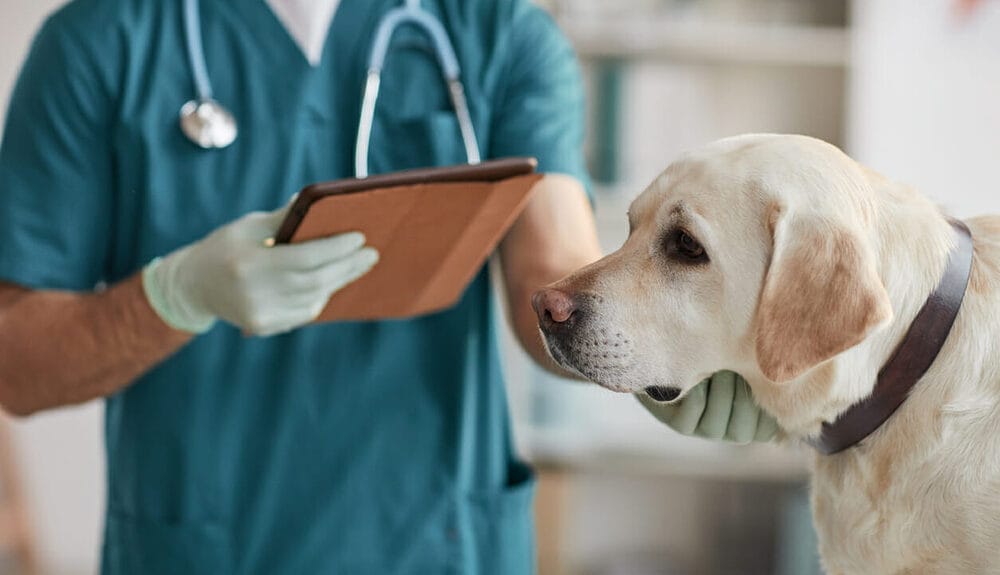
If your dog’s anal glands fill up quite fast, and you need to take them to get their glands expressed regularly, you might want to look at other options, like anal sacculectomy. Anal sacculetomy, also known as anal gland removal, is a procedure that offers permanent relief of anal gland infection and abscessation.
But as with any other surgery, anal gland removal does not come without its risks. So before making this life-changing decision, make an informed decision and speak with veterinarians to get their opinion on the matter.
Use the hot compress method
To prevent the fishy smell from occurring in your home, you might want to try to relieve the muscles by holding a warm compress with water against the dog’s anal gland opening. This will definitely help open up the ducts and relieve impaction.
Frequent potty breaks
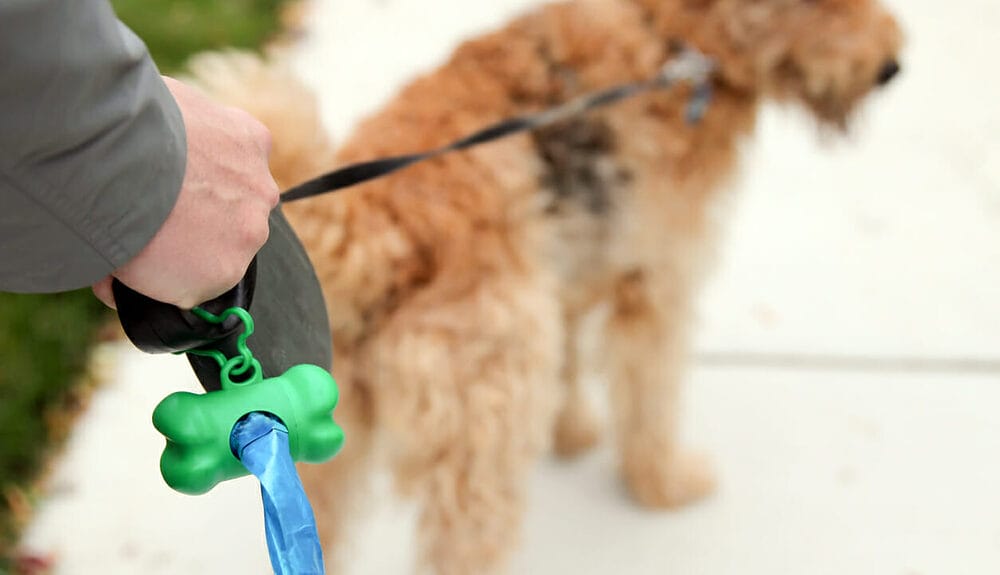
If you have a smaller dog breed like Jack Russel Terrier or Miniature Pinscher, we highly advise you to take them to more frequent potty breaks.
Smaller breeds fill their anal glands faster, so by taking them to do number two more regularly, you activate the dog muscles to exert enough pressure with every potty visit and express the anal glands naturally.
Final Thoughts – No More Smelly Glands
While owning a dog comes with many joyous moments, it definitely comes with many challenges. And the most difficult ones may be those related to the backside of the dog’s body.
If the smell still lingers, there is a high chance your dog’s anal glands were not emptied entirely, or some fluid got on the fur (particularly familiar with long-coat dogs). The smell indicates an anal sac infection or inflammation in the worst-case scenario.
But to get everything out in the open- anal gland problems are rarely a cause for concern. Once the issue is resolved, the fishy smell will likely disappear.
